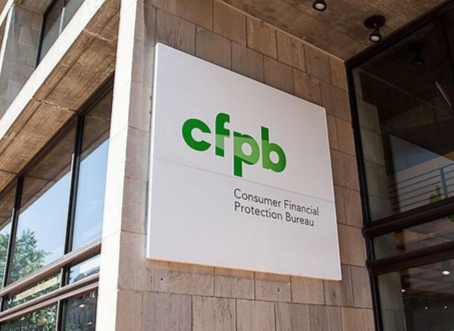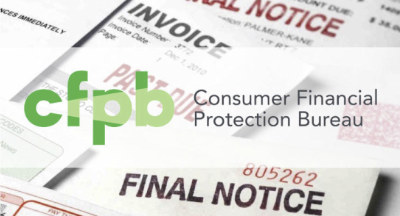On March 10, 2021, we will be hosting a new Virtual Lunch and Learn. The event will take place from 12:00 p.m. (noon) until 1:15 p.m. Eastern Time. Join Jim, Tyler, Steve, and Blair as we discuss the latest issues regarding new Federal laws, COVID-19 and other hot topics related to collections, bankruptcy, and foreclosure matters. There is no cost to attend.

You will not get the password to join the meeting unless you RSVP. If you plan to attend, remember to mark your calendar and copy the link below into your calendar for future reference.
Join Zoom Meeting
https://svllaw.zoom.us/j/8506335847?pwd=ZmlJTTkrZy9WczBJNzJTaEZuWEpmUT09&from=addon
Meeting ID: 850 633 5847
Dial by your location:
+1 929 436 2866 US (New York)
Meeting ID: 850 633 5847
Find your local number:
https://svllaw.zoom.us/u/ab9qj6fdLx



 On Thursday, January 14, 2021, the Supreme Court issued a ruling in City of Chicago v. Fulton, that holds “mere retention of property does not violate the [automatic stay in] §362(a)(3)”. Unlike in Florida, the other states in the 11th Circuit (Georgia, Alabama) require a vehicle which is repossessed but not yet sold, prior to the filing of bankruptcy, to be returned to the debtor.
On Thursday, January 14, 2021, the Supreme Court issued a ruling in City of Chicago v. Fulton, that holds “mere retention of property does not violate the [automatic stay in] §362(a)(3)”. Unlike in Florida, the other states in the 11th Circuit (Georgia, Alabama) require a vehicle which is repossessed but not yet sold, prior to the filing of bankruptcy, to be returned to the debtor.

 On Friday, December 18, 2020, the Consumer Financial Protection Bureau (CFPB) issued a Final Rule that implements certain disclosure requirements for consumers under the Fair Debt Collection Practices Act (FDCPA). This Rule has been expected since an announcement by the CFPB in October when it released its Final Rule on debt collection communications.
On Friday, December 18, 2020, the Consumer Financial Protection Bureau (CFPB) issued a Final Rule that implements certain disclosure requirements for consumers under the Fair Debt Collection Practices Act (FDCPA). This Rule has been expected since an announcement by the CFPB in October when it released its Final Rule on debt collection communications.


 As has always been the case, Fannie Mae and Freddie Mac provide an exception to this moratorium for properties that are deemed to be abandon or vacant. If this is the case, the servicer may initiate and continue with a foreclosure. Otherwise, new foreclosure cases may not be filed, nor may the servicer and law firm move for entry of a final judgment, hold a foreclosure sale or seek to evict a tenant.
As has always been the case, Fannie Mae and Freddie Mac provide an exception to this moratorium for properties that are deemed to be abandon or vacant. If this is the case, the servicer may initiate and continue with a foreclosure. Otherwise, new foreclosure cases may not be filed, nor may the servicer and law firm move for entry of a final judgment, hold a foreclosure sale or seek to evict a tenant.

 On Friday, October 30, 2020, the Consumer Financial Protection Bureau (CFPB) issued a final rule to implement the Fair Debt Collection Practices Act. This rule focuses on debt collection communications and gives guidelines on what is considered harassment, false or misleading representations, and unfair practices. This new final rule will take effect one year from the date of publication in the Federal Register.
On Friday, October 30, 2020, the Consumer Financial Protection Bureau (CFPB) issued a final rule to implement the Fair Debt Collection Practices Act. This rule focuses on debt collection communications and gives guidelines on what is considered harassment, false or misleading representations, and unfair practices. This new final rule will take effect one year from the date of publication in the Federal Register.